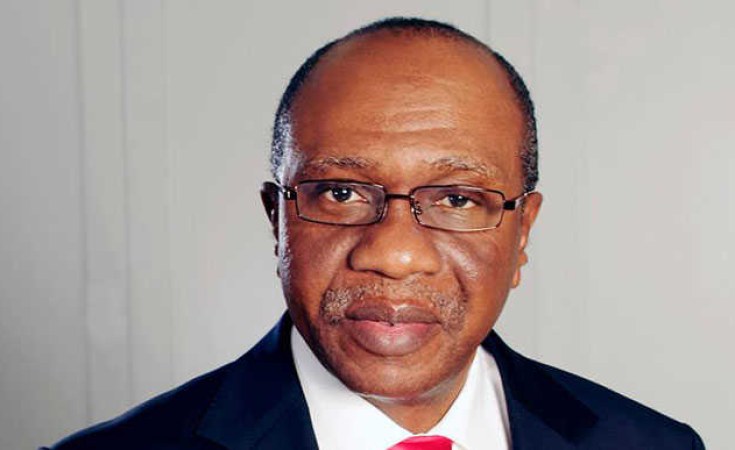- Business/Economy
- No Comment
Mixed Reactions As Nigeria Announces Plan To Redesign Currencies

By Samuel Egburonu, Editor
Nigerian Government’s announcement of it’s decision to redesign the country’s currencies has attracted mixed reactions.
NewsOrient reports that Nigerians have so far interpreted the likely effect of the policy in different ways. While some agree with the Central Bank of Nigeria that it will help to “control the money in circulation,” others described the development as “curious,” citing the timing, particularly, the upcoming 2023 General Election, which is barely few months away.
The Central Bank Governor, Godwin Emefiele, had yesterday announced in a press conference in Abuja that the apex bank will “redesign the country’s currency.”
According to him, “the exercise would affect the the highest denominations: 200, 500, 1000 notes.”
He said, “As you all may be aware, currency management is a key function of the Central Bank of Nigeria, as enshrined in Section 2 (b) of the CBN Act 2007.
“Indeed, the integrity of a local legal tender, the efficiency of its supply, as well as its efficacy in the conduct of monetary policy are some of the hallmarks of a great Central Bank.
“In recent times, however, currency management has faced several daunting challenges that have continued to grow in scale and sophistication with attendant and unintended consequences for the integrity of both the CBN and the country.”
He added that “although global best practice was for central banks to redesign, produce and circulate new local legal tender every 5–8 years, the Naira has not been redesigned in the last 20 years.”
Emefiele explained that “On the basis of these trends, problems, and facts, and in line with Sections 19, Subsections a and b of the CBN Act 2007, the Management of the CBN sought and obtained the approval of President Muhammadu Buhari to redesign, produce, and circulate new series of banknotes at N200, N500, and N1,000 levels
.
“In line with this approval, we have finalized arrangements for the new currency to begin circulation from December 15, 2022. The new and existing currencies shall remain legal tender and circulate together until January 31, 2023 when the existing currencies shall seize to be legal tender.
“Accordingly, all Deposit Money Banks currently holding the existing denominations of the currency may begin returning these notes back to the CBN effective immediately. The newly designed currency will be released to the banks in the order of First-come, First-serve basis.
“Customers of banks are enjoined to begin paying into their bank accounts the existing currency to enable them withdraw the new banknotes once circulation begins in mid-December 2022. All banks are therefore expected to keep open, their currency processing centers from Monday to Saturday so as to accommodate all cash that will be returned by their customers.
“For the purpose of this transition from existing to new notes, bank charges for cash deposits are hereby suspended with immediate effect.
‘Therefore, DMBs are to note that no bank customer shall bear any charges for cash returned/paid into their accounts.
“Members of the public are to please note that the present notes remain legal tender and should not be rejected as a means of exchange for purchase of goods and services.”
Reacting to the development, Mr Francis Uzoamaka, an international business man in Lagos, told NewsOrient that “redesigning of a country’s currency may not be a wrong policy, technically. It depends on the reason for such an action.
“But the short term effect on the people is huge, especially in a country like Nigeria where services are ordinarily very poor. From today, you will see the rush in the banks and how ordinary citizens will suffer to change their hard earned money. This considered, a few months to Nigeria’s General Elections seem rather too tricky for such an exercise.”
Mrs Toyin Ogundele, an accountant, however told NewsOrient that “there is nothing wrong with the timing. It will force vote buying politicians and ransom takers to bring out the billions of cash they had hidden in unconventional places. If we consider the long term effect of this kind of measure, we will understand why short term inconveniences and costs should be endured.”
